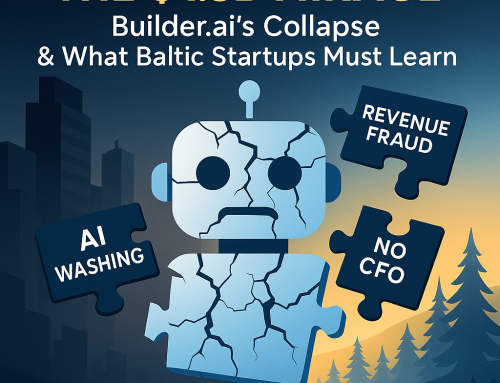HRtech is all about adoption of technology to deliver the Human Resource functions. It is the use of technology to hire new talent as well as serve and retain it. Since 1901, when The National Cash Register Company established the first HR Department, HR systems have evolved a lot. From largely paper-based systems to electronic HR databases and modern cloud-based HRtech solutions, the evolution of the term has been widespread. Technology in human resources creates efficiency, leads to ample and reliable reporting, improves metrics, and assures the security of diverse human resource functions. HRtech involves information systems, timekeeping systems, automated scheduling, workplace security systems, talent management among others.
Success stories
According to the Deloitte Human Capital Trends of 2016, the main problems organizations have to grapple with today include reorganizing operations to be digital, innovation-focused and customer-centric. While there are many success stories, below are select few that can help elaborate the disruptive effect of HRtech:
- Cargotec (multinational cargo handler) saved over $2.35 million after adopting a cloud-based human resource handling service serving over 11,000 of its staff
- Aveva invested in a robust human resource cloud-based platform that replaced its old HR technology and saw the entire cost of the project repaid by the new HRtech as the staff attrition rate dipped by 5 percent in 12 months
- Goldman Sachs adopted the HRtech interview method to replace its traditional campus hiring. The company is now inviting the candidates to undergo the interviews online. Sachs is also adopting HRtech to scan resumes for specific experiences and traits, including personality questionnaire for the evaluation of candidate’s fitness
- BetterCompany is a global HRtech startup aiming to improve the process of recruitment for candidates and companies by matching roles, skills and experiences with organizations
- Talmetrix (previously Blackbook HR) is HRtech that captures workforce feedback, discovers data-driven unique insights for attracting and retaining desired talent
- Kanjoya (now part of the Ultimate Software) is a unique proprietary HRtech solution that offers a modern way to collect and understand employee feedback, helping businesses enhance the employee experience and improve performance processing
- OfficeVibe is HRtech solution that aims to increase and measure workforce engagement through pulse surveys by collecting real-time data and feedback with insights report wholly actionable
Global trends
Obviously, there are plenty of developments in HRtech industry with some more disruptive than others. Performance management is one such area where HRtech companies have been active to automate various functionalities.
One particular area where HRtech has been active is a talent acquisition. The market is gigantic, with Deloitte putting it at over $240 billion for the United States alone. The trend is now ensuring the tools in this market are geared towards finding the most talented and strong potential employees, ensuring companies are effective in candidate interviewing, carrying out the pre-employment assessment of skills, distribution and job postings, management of complex hiring processes and carrying out psychometric assessment and background screening.
Key Trends in UAE, Bahrain, Saudi Arabia and Qatar
In the 2017 HR Tech MENA summit, the key trends from Bahrain, UAE, Qatar to Saudi Arabia indicated the reinvention of HR functions, particularly via digital transformation. The priorities have focused on the revolution of workplaces for the future, transition into digital HR, embracing cloud-based HRtech solutions, mobile and social networking platforms, SaaS delivery framework, gamification, worker-centric learning and HRtech disruption of traditional HR systems and processes.
Currently, HRtech in the GCC is shaped by a number of trends. These include slowing down economies and need to diversify for sustainable growth and investment in LMS (learning management systems). It is clear that traditional HR systems are fast becoming obsolete and being replaced with newer HCM (Human Capital Management) processes.
Transformation of the workplace is not only driven by global tech leaders such as Oracle, IBM or SAP. Region’s first online digital interview platform, MyInterview.Me, is already helping organizations disrupt their hiring processes, identify the best talent in a time-, effort- and cost-effective manner, also helping minimize their environmental footprint.
UAE’s HRtech growth and development are on course as seen in the success of Bloovo.com closing of $3 million funding that would see it expand to other GCC countries like Saudi Arabia.
Saudi Arabia’s approach to HRtech is also noteworthy. All the government institutions and ministries are adopting leading human capital development practices with half a million government employees slotted for up-skill training within the framework of King Salman Program for Human Capital Development. HRtech in Saudi Arabia is enabled by real-time, remote and mobile connectivity and being enhanced to incorporate performance management, recruitment and interviewing functions. Examples include SolutionDots’ HR software among a host of others.
The turn towards HRtech for better people and organization management is inevitable in both corporate and government institutions. I would like to hear examples from your organization and the level of adoption of HRtech solution by your HR.
Whether you agree or agree to disagree with the above, I would love to hear your thoughts on what do you consider as the next big thing in evolution of Human Resources. And do not forget to share your examples.


